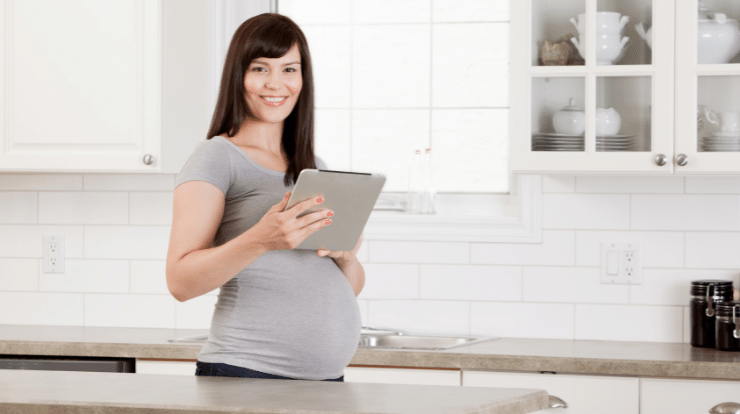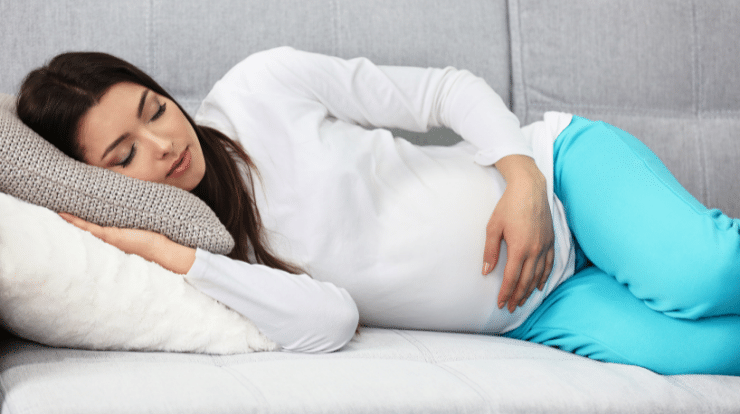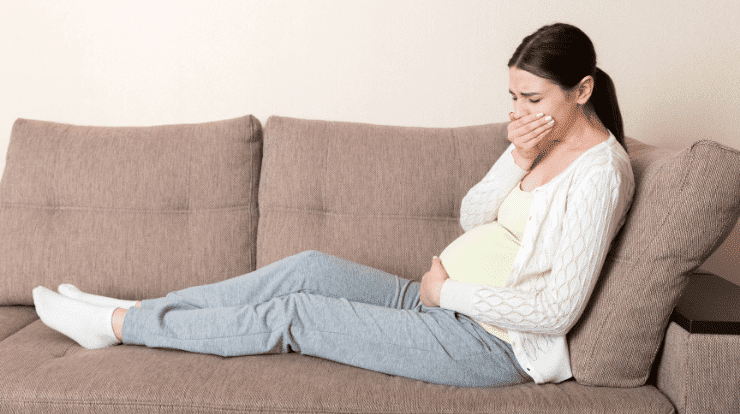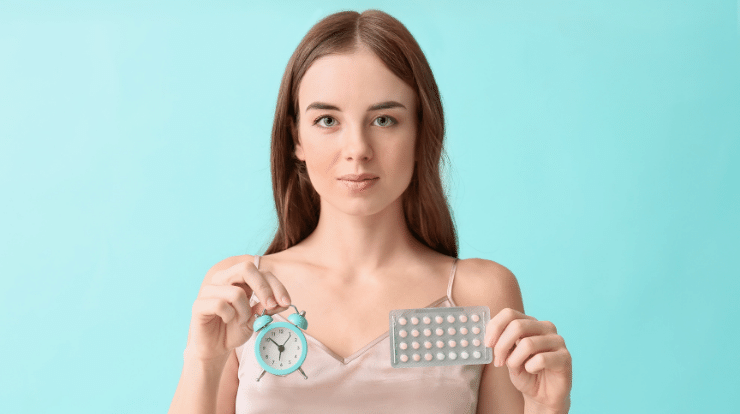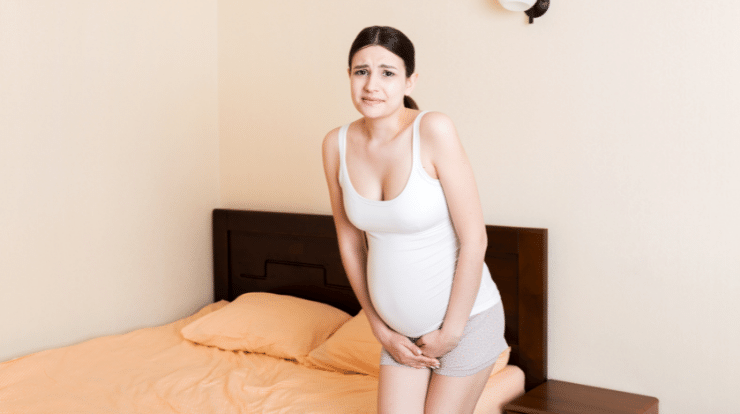
What is frequent urination in pregnancy?
Frequent urination in pregnancy means you need to use the toilet more often than you usually do when pregnant. More frequent trips to the bathroom are a normal and natural response by your body as a result of how your body develops during pregnancy.
Frequent urination is normal in pregnant women. It is caused by the hormonal and physical changes occurring in your body that cause frequent, small amounts of urine to flow out.
When does frequent urination usually start?
Some women start noticing frequent urination in pregnancy during the first trimester while others might notice it after the first trimester. As the baby grows, your body works hard to provide it with all the nutrients and oxygen it needs. It is a lot of work for your body and your body starts to eliminate the waste products in the form of urine hence frequent urination during pregnancy.
What causes frequent urination in pregnancy?
Frequent urination is one of the most common complaints in pregnancy, affecting around 80 percent of women at some point. Some women have to get up throughout the night to pee, while others have to make several trips to the bathroom throughout the day.
The increased frequency of urination in pregnancy is caused by the bodies:
- Increased the production of the hormone, estrogen. Because this hormone relaxes the muscles in the bladder, more urine is squeezed out, resulting in more frequent trips to the bathroom.
- Another cause of frequent urination in pregnancy is the weight of the growing uterus, which compresses the bladder. The baby’s head also puts pressure on the bladder, which can also cause a frequent urge to urinate.
The good news is that frequent urination in pregnancy isn’t harmful to you or your baby. In fact, it’s a good sign that everything is progressing normally.

How many times frequent urination in pregnancy?
In early pregnancy, urine also gets darker in color, and you might also start to feel more and more thirsty, as the baby takes up more fluid. The baby also takes up fluid from your blood, meaning that you will be losing more fluid from your body. All of these changes mean that you will be needing to urinate more often than usual, sometimes more than once an hour, especially at night.
When does frequent urination end in pregnancy?
During pregnancy, an increase in blood volume occurs which may cause a release of fluids into your urine. The bladder is working overtime during this time to keep up with the increased water volume, which can cause some women to experience urinary frequency throughout their pregnancies. For most women, ideally frequent urination in pregnancy ends around the 9-month point and leads up to your due date or upon the birth of the baby.
How to reduce frequent urination in pregnancy?
Your water and cells will be adjusted throughout your pregnancy. As this is happening, fluids are being pushed through and out of your body more frequently than normal. While you can’t avoid the fact that urinating several times a day may irritate you during the early stages of your pregnancy when those symptoms are at their worst, it’s good to remember that this is actually a good sign because it helps you know for sure that you’re staying properly hydrated – something that’s vital for both yourself as well as your baby!
Here are some helpful tips to manage peeing often while pregnant:
- In order to properly empty your bladder while pregnant, you should lean slightly forward when urinating.
- Try not to drink too much water just before you sleep.
- To avoid leaking during coughs, sneezes, or laughs, try strengthening your pelvic floor muscles by performing Kegel exercises. These are simple exercises that can be done anywhere and anytime to hone your pelvic floor muscles.
- As a pregnant woman, it is recommended to stay away from drinks containing caffeine as they may lead you to need to use the bathroom more often.
When should I talk to a doctor about urinary frequency in pregnancy?
You’ve probably heard your doctor talk about the importance of drinking plenty of water during pregnancy. That’s because your body needs lots of water to support the growth and development of your baby. But if you experience an increase in urinary frequency that continues after the first trimester of your pregnancy, this could be a sign of a urinary tract infection, kidney infection, or other medical problem. It’s important to discuss these symptoms with your doctor.

